I'm Not 'Gnome Alone' in this Amazing Comedy
A family comedy that combines fantasy and normal school life.
Incluvie Foundation Gala - Learn More
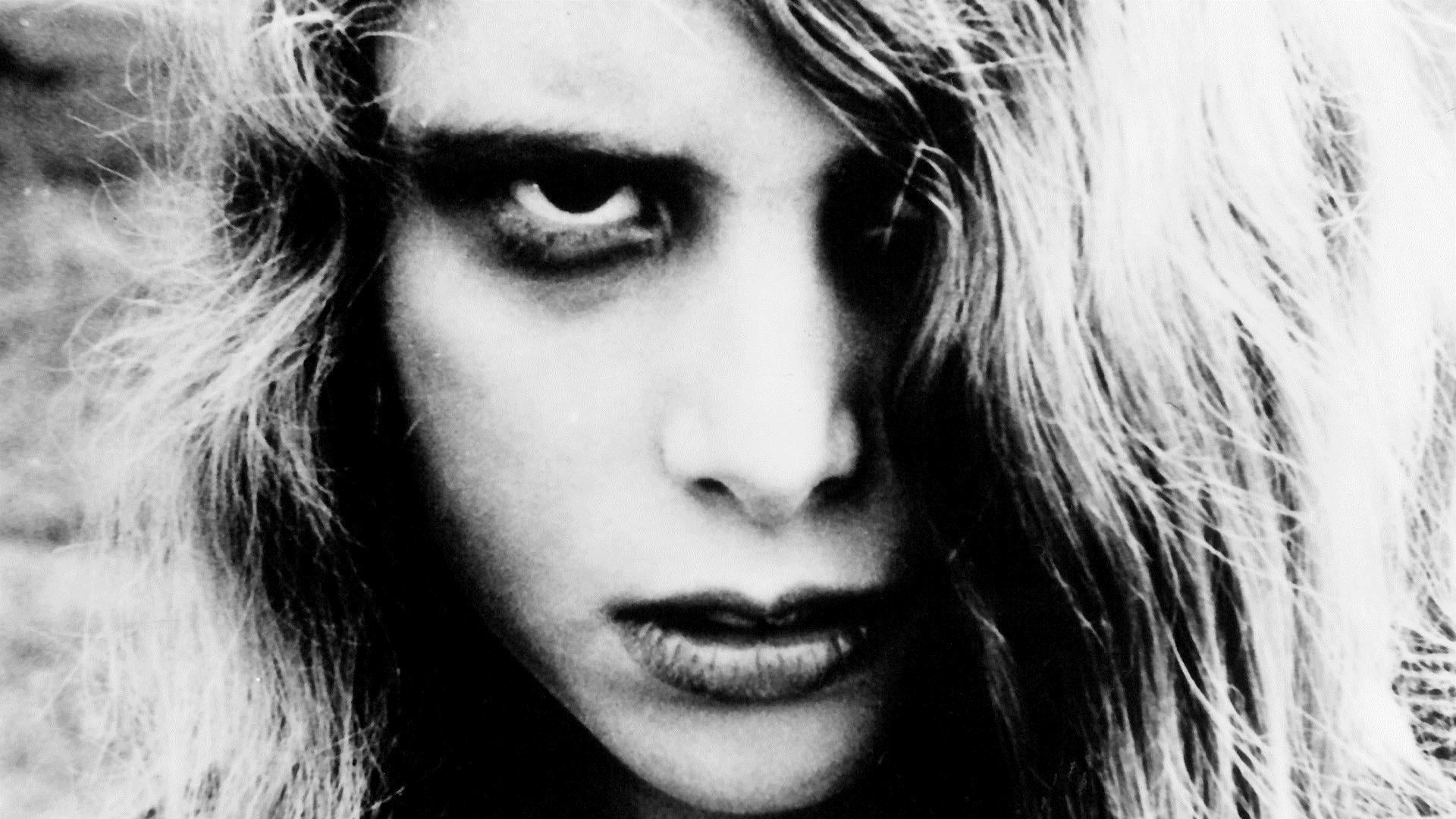

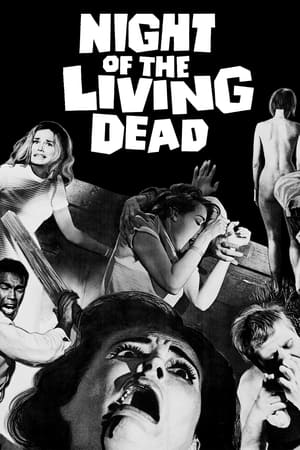


"A sensual, scholarly, magic-realist exploration of Black history and Black desire."
-The New York Times
Horror Noire: A History of Black Horror moves chronologically through Black representation in horror films, as told and viewed by Black filmmakers and actors in this genre. I think it is important that the perspective is given solely to Black actors and filmmakers and is not counterpointed or discussed with White people. This film is about the Black experience as it relates to Black horror films. This is important for two reasons — #1 It will give non-Black viewers some perspective on the Black experience in representation or lack thereof; #2 As mentioned by Rachel True (actor in The Craft), sometimes the racism is so normalized in America (even to people of color) that its presence is often ignored. We all need to acknowledge the history of representation so positive change occurs.
Because of laziness, I will be abbreviating Horror Noire: A History of Black Horror as HN:HBH.
First, horror movies are profitable. Beyond that, a common theme throughout the horror genre, as articulated in many interviews in HN:HBH, is that Black history is Black horror. This message is weaved through the film and through the genre. The phases of Black representation in horror relate directly to the political and social climate of the time. As you will see in the timeline below, the first film mentioned, Birth of a Nation, is not a typical horror film. To Black viewers, however, it definitely reads as horror. The heroes in this film are the KKK! Birth of a Nation was screened at the White House and ENDORSED BY THE PRESIDENT! That doesn’t seem as shocking today as it might have seemed ten years ago, but still unacceptable. What message must have that sent to Black Americans? The only representation of Black people in films was meant to incite fear and demonize Black people.
Get Out follows Chris and Rose (an interracial couple). As their relationship continues to flourish, the couple embarks on a small journey. Rose, a Caucasian women, takes Chris, an African American male, to her parents house. At first, the family seems friendly, but as time progresses, it’s clear that something is off. Simply put, Jordan Peele’s film is an intelligent and unflinching piece of work, firmly focused on an African American story in fiction. At first, it’s a charming form of interaction. Like Stanley Kramer’s “Guess Who’s Coming To Dinner” (1967), the familial atmosphere is filled with humor and playfulness. However, as time moves on, the film enters sinister territory, echoing the slow burn style of Roman Polanski’s “Rosemary’s Baby” (1968) and Bryan Forbes’ “The Stepford Wives” (1975).
It’s no wonder Peele won an academy Award for Best Original Screenplay. His script is layered with perspective and subtlety. Through a terrific vision, Peele creates the gift that keeps on giving. The clues and symbolic representations are aplenty, and as each viewing passes, you are destined to find something new. That’s a mark of great cinema.
Essentially, Peele’s script touches on aspects like the taboo nature of societal marginalization, racial cliches, and interracial relationships. The film, as a whole, presents an unfiltered vision of humanity, telling us that some citizens are full of corruption and misguidance. Like the horrific monsters and ghouls we see on the big screen, real life human beings are capable of performing evil tasks. Like a responsible film should, “Get Out” holds a mirror up to society, forcing its inhabitants to look at the ugliness that lies within.
Another strong suit of this script is the efficiency of characterization. Peele’s characters have purpose. As Chris, Daniel Kaluuya gives us a sympathetic character, designed to be a quintessential “every man.” As Rose, Allison Williams provides us with an adorable character, consisting of sincerity and mystery. The rest of the family enhances the tense proceedings. Whether it be Bradley Whitfield’s sappy, outlandish charm, Chatherine Keener’s deadpan seriousness or Caleb Landry Jones’ slimy portrayal, the family is a versatile unit of evil. Through these unique characterizations, this socially charged film is given life.

A group of strangers trapped in a farmhouse find themselves fending off a horde of recently dead, flesh-eating ghouls.
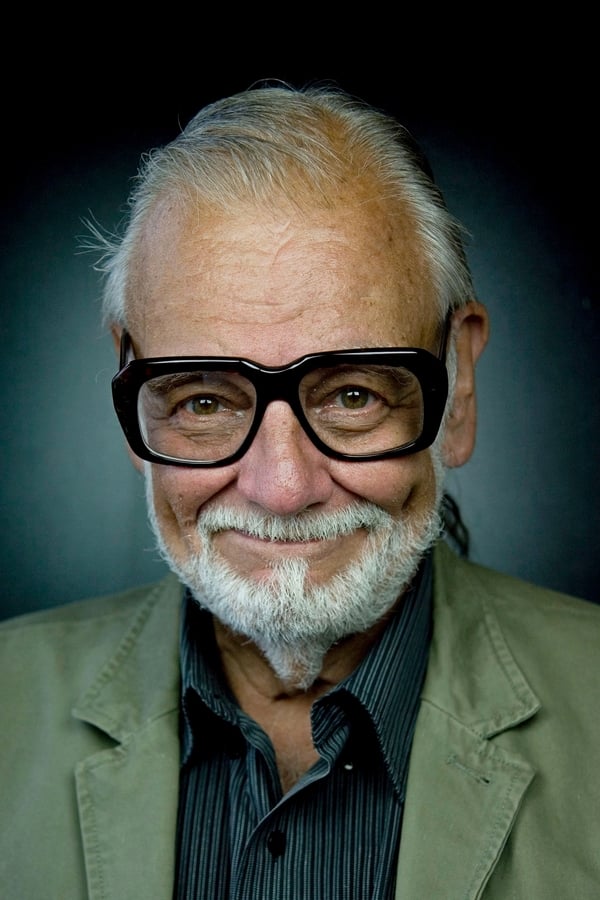
George A. Romero
Director

George A. Romero
Director
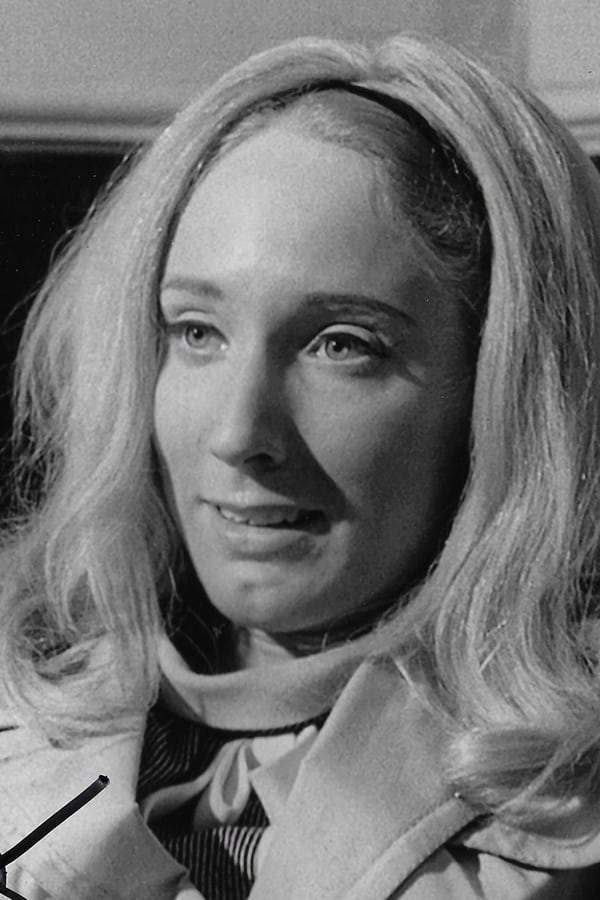
Judith O'Dea
Barbra

Duane Jones
Ben
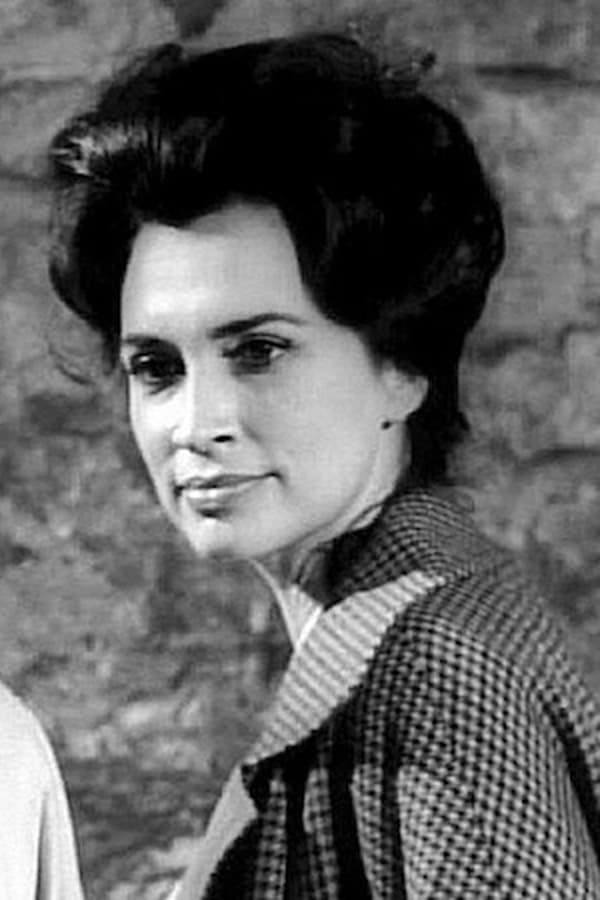
Marilyn Eastman
Helen Cooper
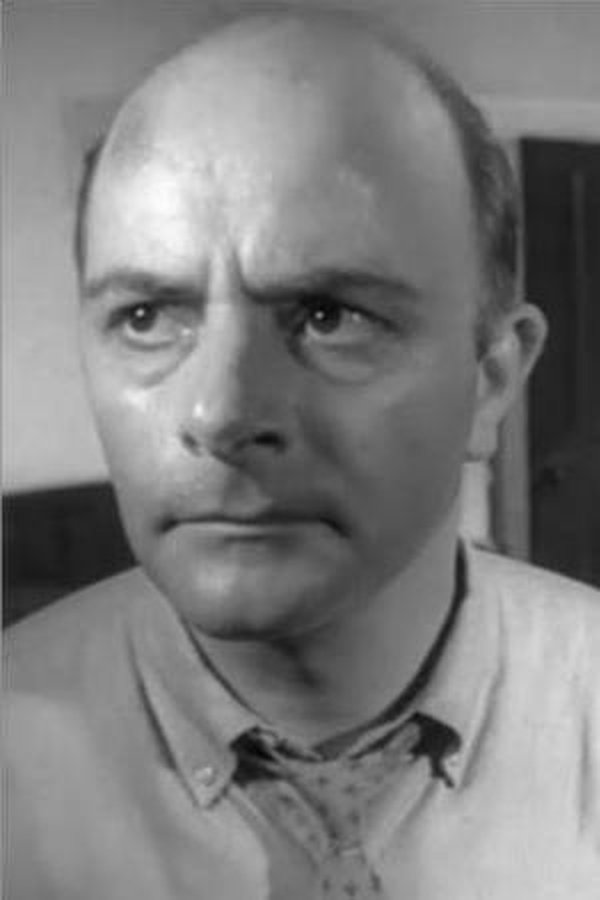
Karl Hardman
Harry Cooper
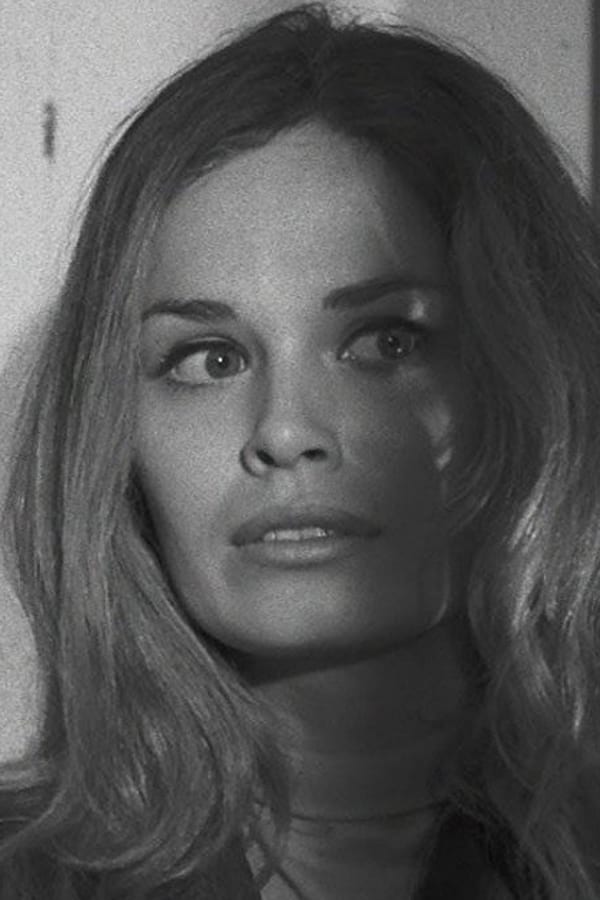
Judith Ridley
Judy
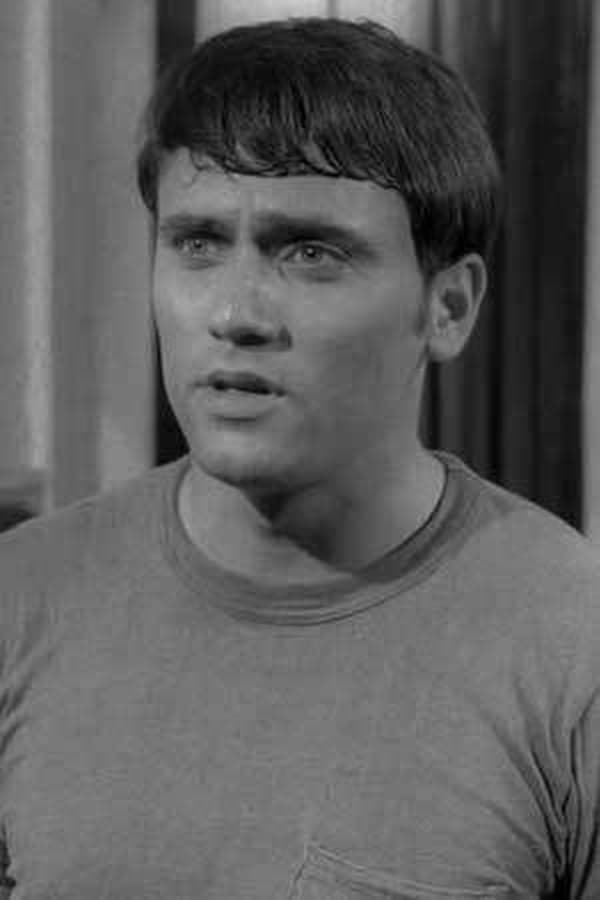
Keith Wayne
Tom

Kyra Schon
Karen Cooper / Corpse in House

Charles Craig
TV Newscaster / Zombie
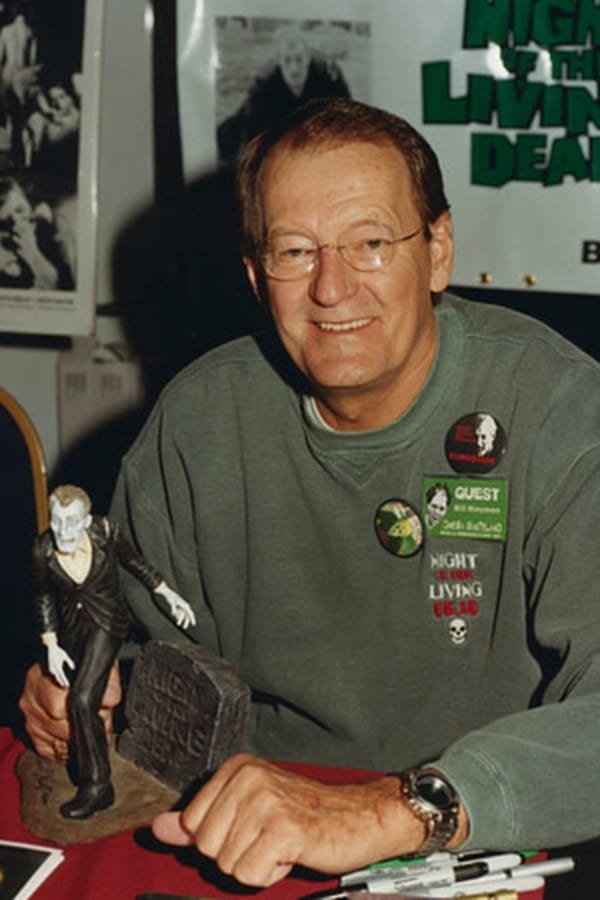
S. William Hinzman
Zombie (as Bill Heinzman)

Bill Cardille
Self - Field Reporter (as Bill 'Chilly Billy' Cardille)

John Simpson
Zombie
A family comedy that combines fantasy and normal school life.
Did you know that Disney heroes and villains have kids? Check out the Descendants series.
Adam Sandler goes hard as an NBA scout in this male-heavy sports-drama.



